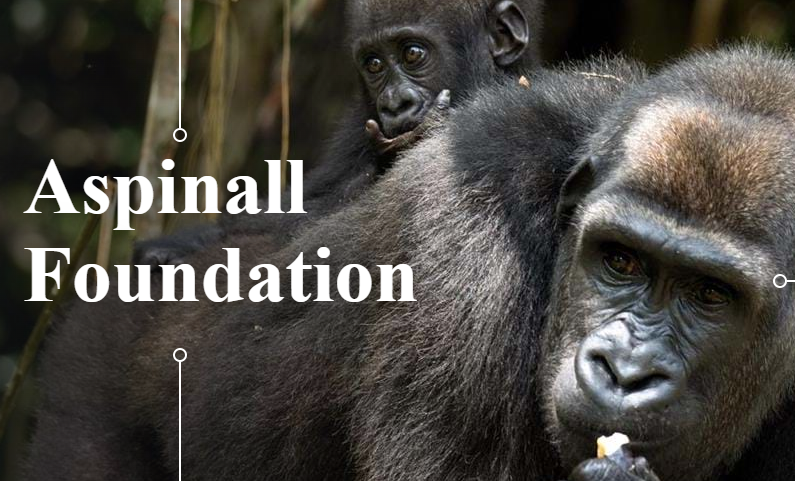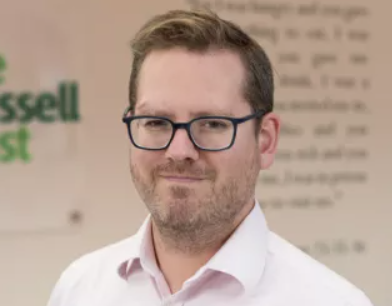Burnout is rife in the charity sector, where passion often comes at the expense of personal wellbeing. Alex Rhys shares how stepping back from the brink reshaped their approach to leadership — and why it’s time to build a culture that values sustainability as much as service.
________________________________________________________________________
A while ago, I burnt out. It didn’t happen overnight. It built slowly, over months of blurred boundaries, relentless expectations, and a deep belief that because the work mattered, I had to give it everything. That I should always be available, always push through, always say yes.
It’s not a unique story, especially in the charity sector. We’re driven by passion, mission, and the desire to do good. That’s why most of us came into this work. But in a sector that prizes selflessness, it can be dangerously easy to ignore our limits. We’re praised for how much we give, but rarely asked what it’s costing us.
When I eventually burnt out and needed a significant period away from work, it felt like failure. I worried about what people would think, whether I was letting others down. But stepping away became the first step in rebuilding not just how I work, but how I lead. My experience of burnout didn’t happen in my current roles, but it has reshaped every decision I’ve made since.
Because I’ve realised this: leadership shouldn’t require self-abandonment. You don’t have to break yourself to prove you care.
There’s a powerful culture in our sector that encourages long hours, blurred personal boundaries, and constant availability. And because the cause can be seen as more important than the individuals who deliver it, leaders are expected to carry it all. That pressure is even more acute in small or volunteer-led organisations, where resources and support are naturally more limited.
One of the key drivers of burnout in our sector is how often people eat, sleep and breathe the mission. It’s laudable, even beautiful, but it’s not sustainable. Over time, that passion can start to hollow us out if we don’t also make space for ourselves. Time away from the mission doesn’t mean we care any less. It means we’ve recognised we’re human too.
Since returning to leadership, I’ve tried to do things differently. I’ve set clearer boundaries. I’ve started asking what’s urgent and what can wait. I’ve stopped seeing rest as a luxury and started treating it as essential. I’ve also become more intentional about what is realistic for a charity to deliver, managing stakeholder expectations within those boundaries.
But most of all, I’ve started speaking about it. The silence around burnout helps it thrive. We need to name the truth: many of us are working in ways that are unsustainable, and we need to model something different.
We need a culture shift. One where sustainability is seen as strength, not softness. Where passion is matched with permission to rest. Where leadership makes room for people, not just outcomes.
And if you’re a chief executive or trustee, that change starts with us. The tone we set matters. But it’s not just about telling others to take care of themselves. It’s about showing them how. For culture to shift, we cannot model work–life balance as “do as I say, not as I do”. Because how we lead shapes what others believe is expected. And no one should have to run on empty to prove they belong in this work.
_______________________________________________________________
Dr Alex Rhys is chief executive of the Infection Prevention Society and CEO/Founder of It Gets Better UK. Alongside these roles, they run The Leadership Nook, a coaching and consultancy practice focused on values-based, sustainable leadership across the charity and healthcare sectors.
Latest News
-
Tributes paid to 'tenacious campaigner' who co-founded Terrence Higgins Trust
-
Man who set up fake animal charity jailed for five years
-
X-odus sparks video content boom among charities, report finds
-
Charity handed £25m endowment from autistic philanthropist to help others on the spectrum
-
Civil Society Covenant blighted by delays and U-turns, report warns
-
More than 30 jobs at risk as hospice charity looks to close home care service
Charity Times video Q&A: In conversation with Hilda Hayo, CEO of Dementia UK
Charity Times editor, Lauren Weymouth, is joined by Dementia UK CEO, Hilda Hayo to discuss why the charity receives such high workplace satisfaction results, what a positive working culture looks like and the importance of lived experience among staff. The pair talk about challenges facing the charity, the impact felt by the pandemic and how it's striving to overcome obstacles and continue to be a highly impactful organisation for anybody affected by dementia.
Charity Times Awards 2023
Mitigating risk and reducing claims

The cost-of-living crisis is impacting charities in a number of ways, including the risks they take. Endsleigh Insurance’s* senior risk management consultant Scott Crichton joins Charity Times to discuss the ramifications of prioritising certain types of risk over others, the financial implications risk can have if not managed properly, and tips for charities to help manage those risks.
* Coming soon… Howden, the new name for Endsleigh.
* Coming soon… Howden, the new name for Endsleigh.
Better Society

© 2021 Perspective Publishing Privacy & Cookies














Recent Stories